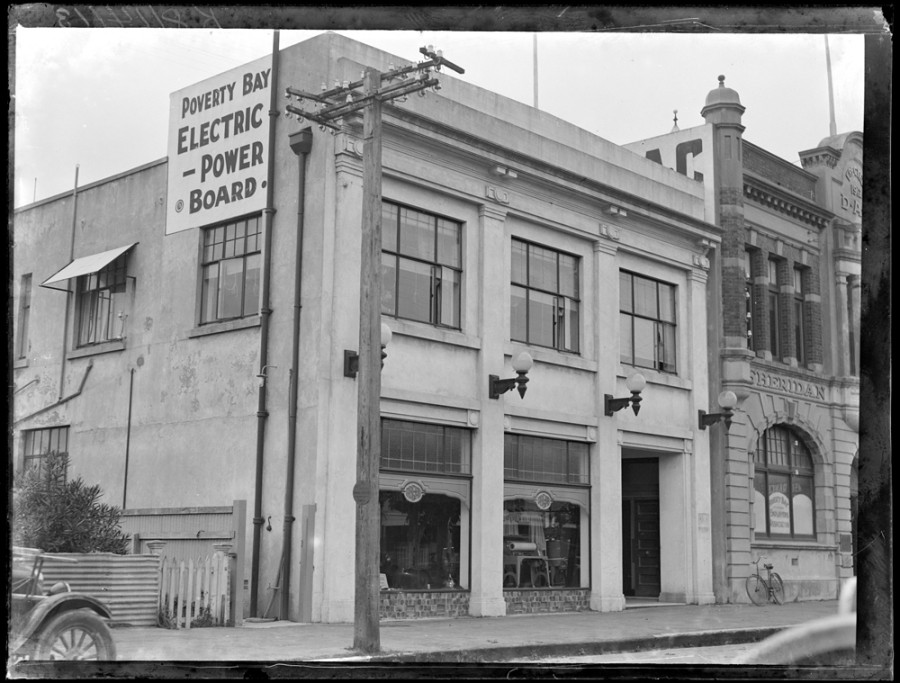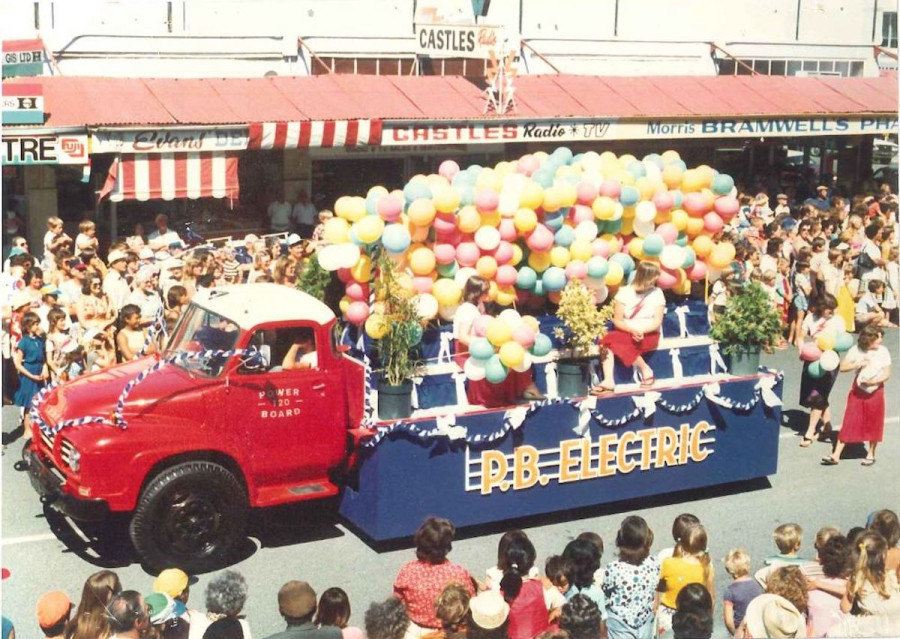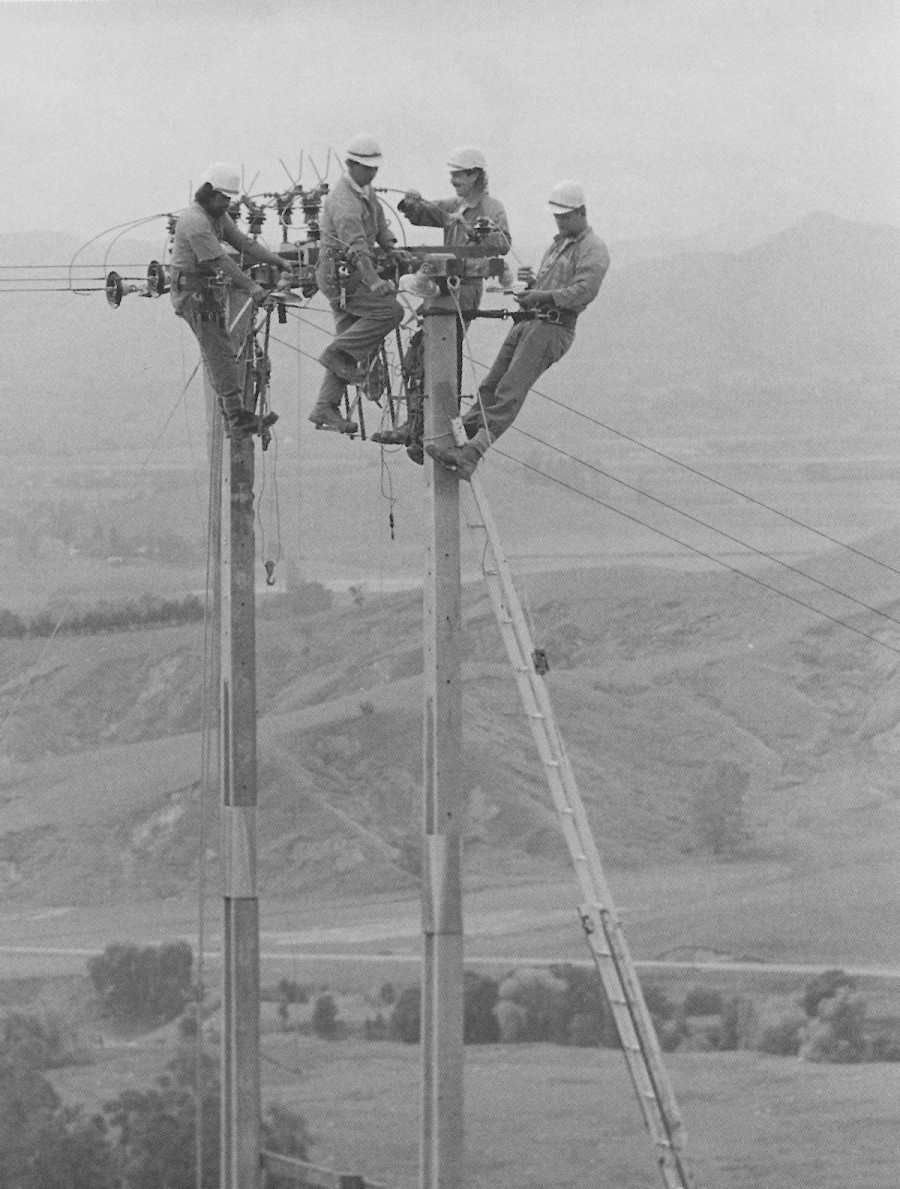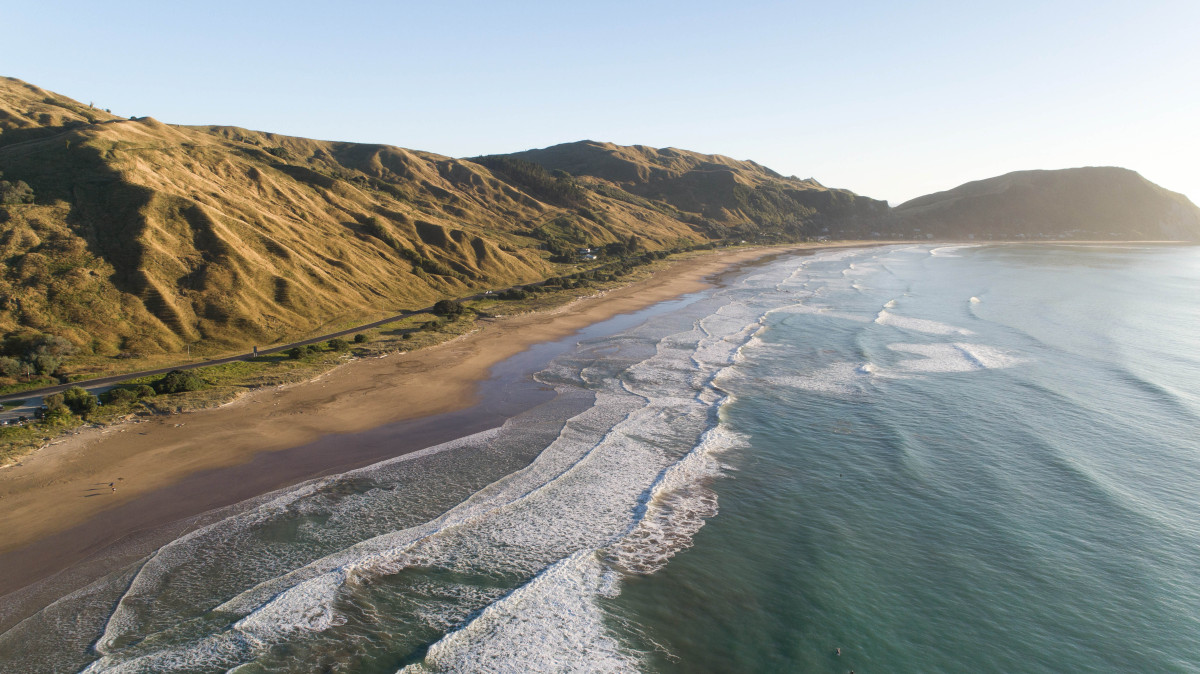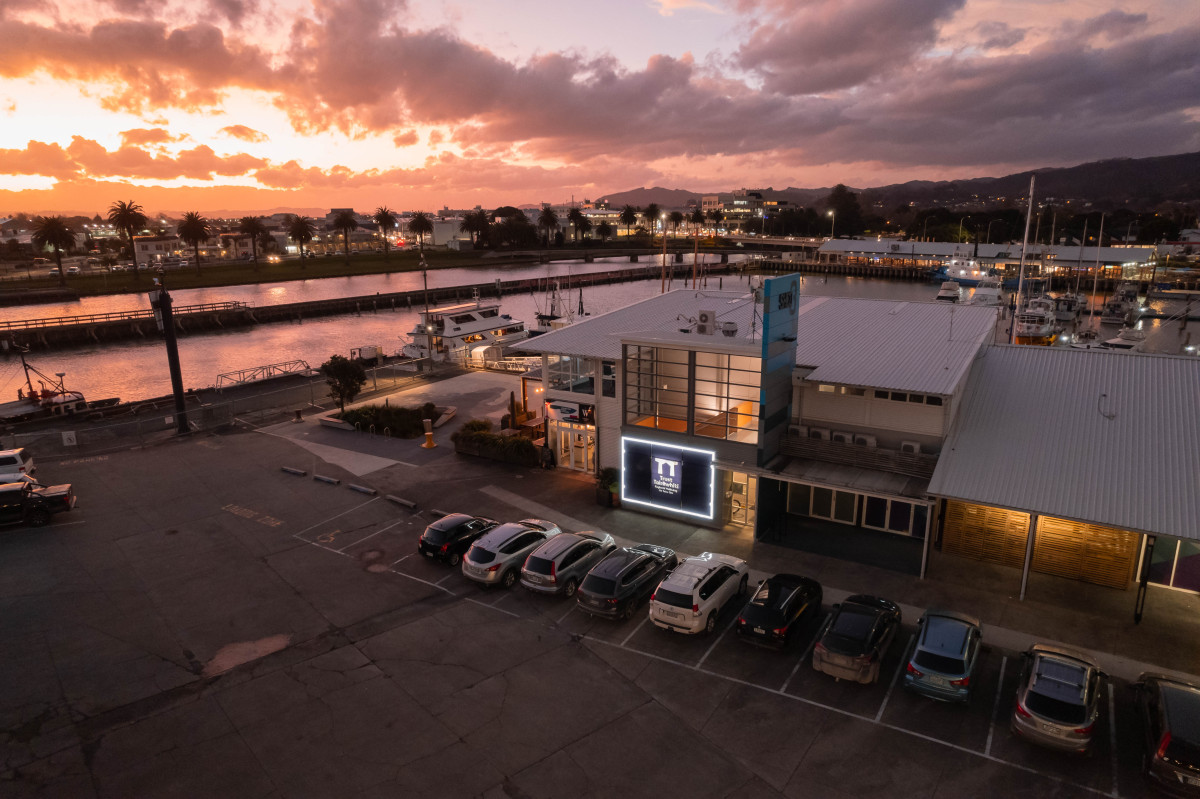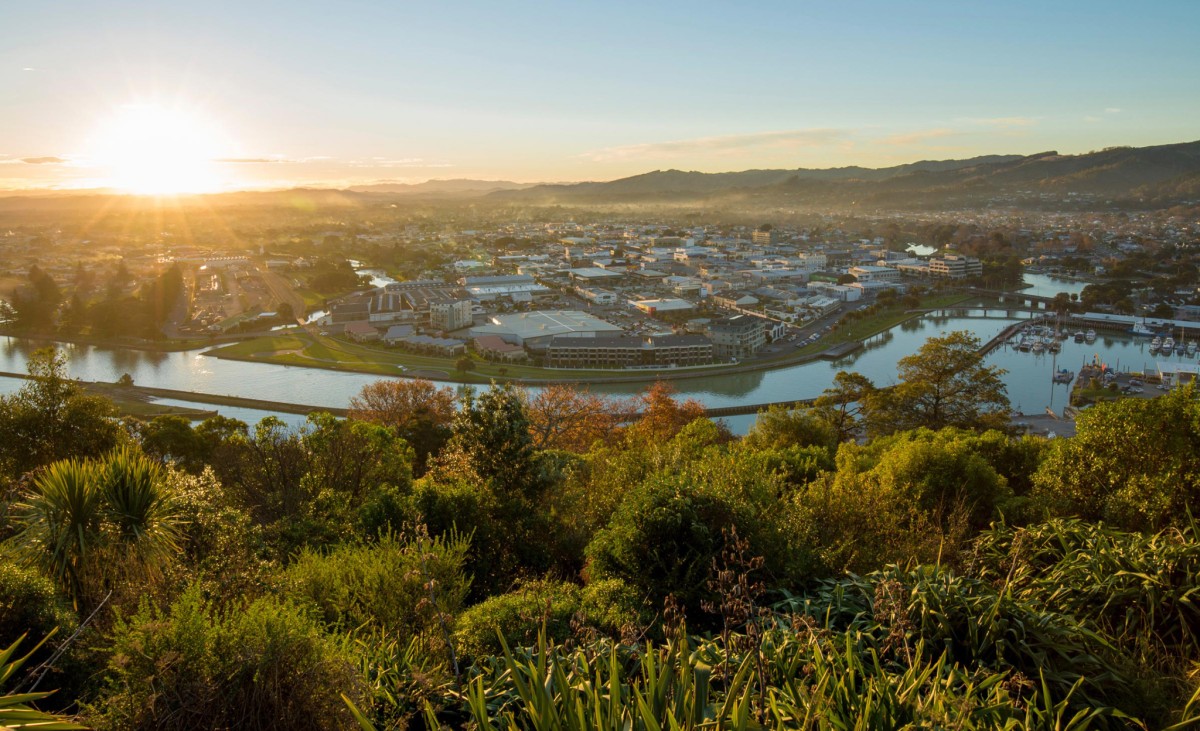
Electricity reforms to commercialise power boards. Power consumers in Tairāwhiti engaged with 70% favouring a community trust ownership model.
Trust Tairāwhiti – first known as the Eastland Energy Community Trust – was established following electricity reforms in the early 1990s.
Up until the late 1980s, the government’s Ministry of Energy was responsible for electricity, generation and regulatory functions. The Poverty Bay Electric Power Board (PBEPB) was one of 61 electricity supply authorities (ESAs) around New Zealand responsible for local distribution and supply.
When legislation passed enabling the commercialisation of power boards, the PBEPB became New Zealand’s first power authority to take a trading name, Eastland Energy. As the reform process continued, Tairāwhiti residents were asked who should own shares or assets in the PBEPB, with 70 percent favouring a community trust ownership model.


